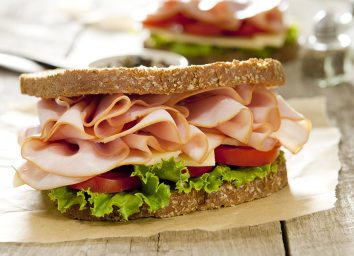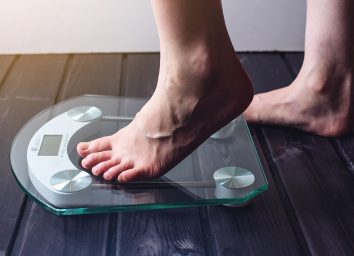How to Lose Weight Right Now, According to a Doctor
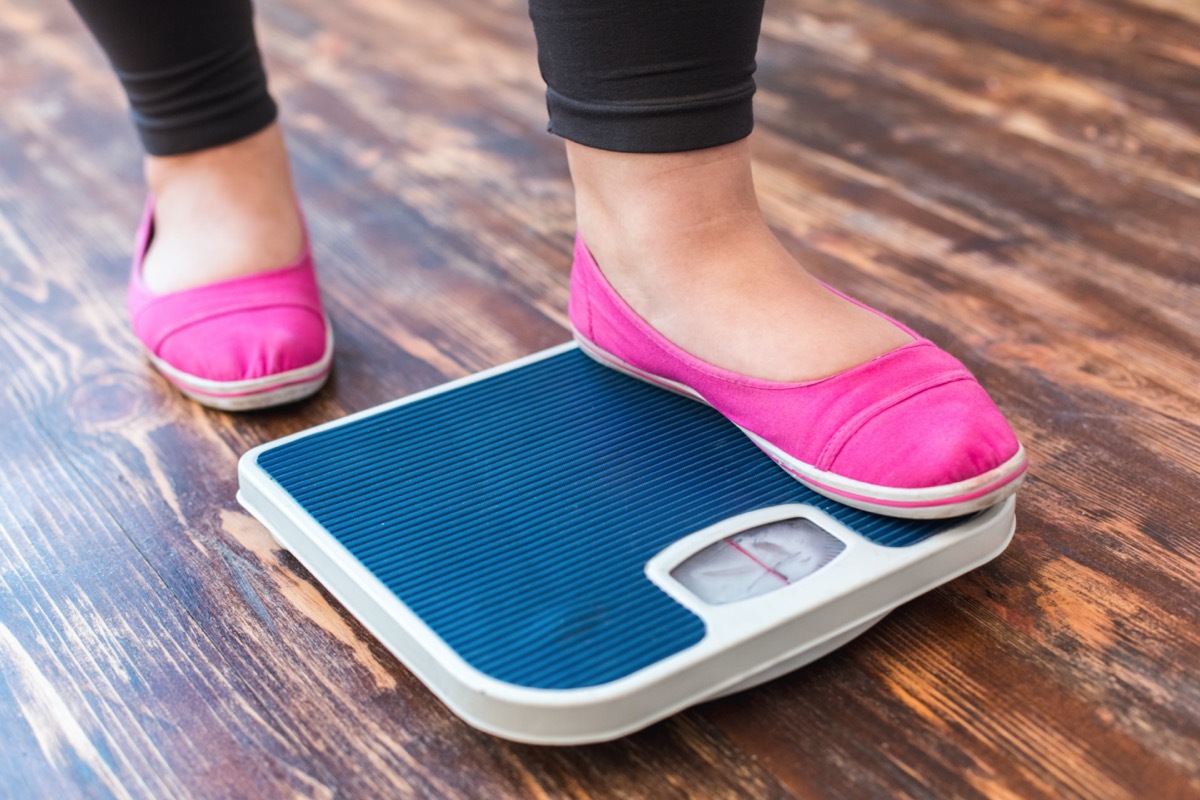
Weight loss is hard. To lose weight and keep it off means a long-term change to your eating patterns and attitude toward exercise. Many people give up soon after starting and just slip back into their old routine, often just piling on more weight.
But once you have made up your mind firmly to lose weight, you can do it. It takes planning, determination, support, will-power, and a promise and commitment to change your lifestyle. But it is possible. And even relatively small amounts of weight loss have significant health benefits.
Below is a list of easy tips to help you lose weight. Please read them and think hard. It is my sincere wish to help you improve your health. And why not talk to your healthcare provider today, set the date, and get started? This time, it will be a diet with a difference.
Change your mindset.
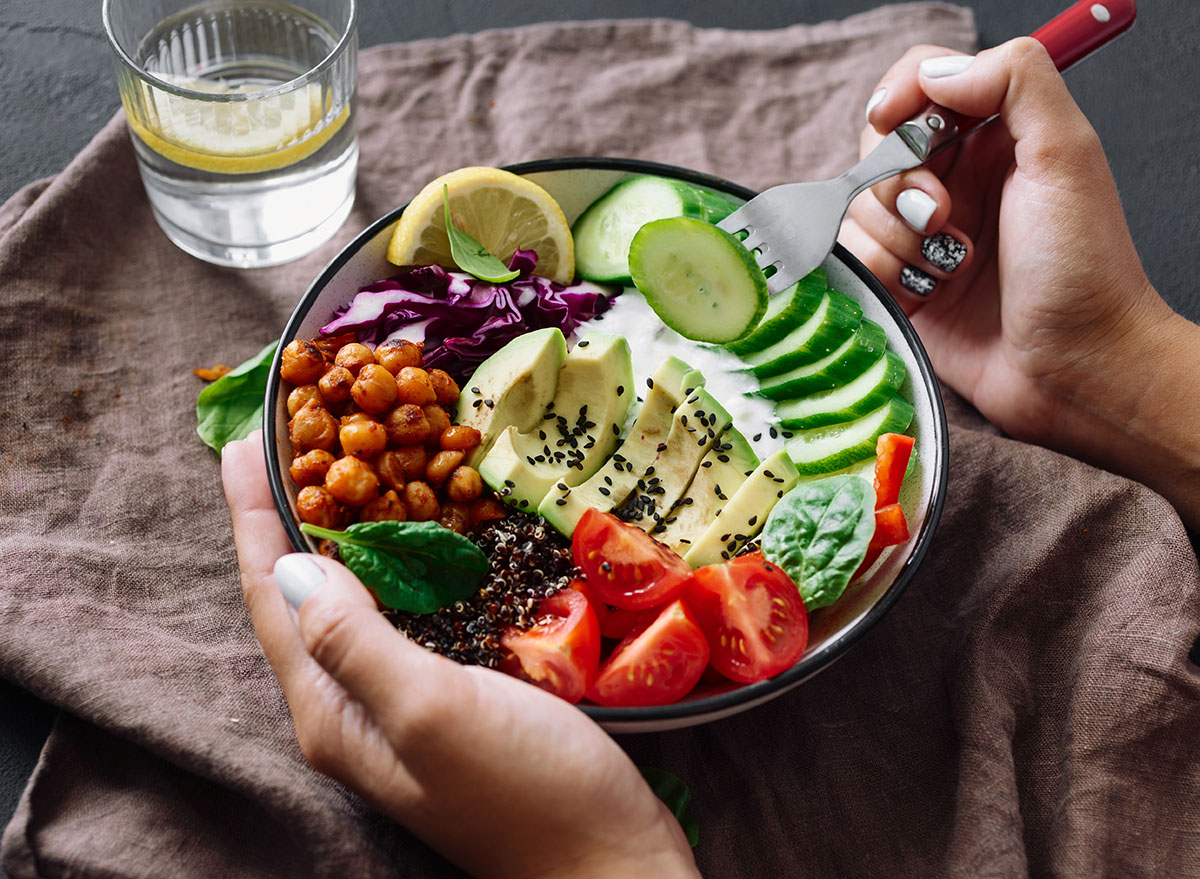
Dieting is not about your body at all. It's really all in your mind.
We all know only too well about emotional eating as our emotions very much govern our eating patterns. Whether it's stress, anxiety, depression, or mood swings, when we feel distressed and under pressure, we all rush for a carbohydrate surge. Typically carbs from pasta, bread, ice-cream, or chocolate. They are important triggers for overeating and often a major reason many people give up on diets and fail to lose weight or keep it off. And modern life, especially now due to COVID-19, is incredibly stressful.
Think about when you eat, and why you eat. Many of us have forgotten what hunger is really like. We just eat because we can, and it feels good just swallowing food down into the stomach.
To lose weight, you need to find a way to get on top of the emotional eating. This means dealing with the root cause. Many studies have shown that having professional support to help understand and address these issues is the key to success.
Get real about your calorie intake.

When all is said and done, there is no escaping the facts. If you eat fewer calories and exercise more, you will lose weight. So, let's first consider the calories.
If you have a lot of weight to lose, you may want to kickstart your weight loss with a low-calorie diet such as the Keto diet. However, even though these special diets often result in impressive weight loss at the start, the weight loss slows, and in the end, after a few months, the difference in weight loss from a more conventional diet is minimal. Plus, there is no increased likelihood of keeping the weight off.
It's important to note that no one diet is better than any other. The most important thing is to find a diet you can tolerate, which you can stick to for three to six months. You need to get into the mindset, decide how you are going to do it, and find a diet that works for you.
Join a group.

It's a well-proven fact—you are much more likely to succeed with weight loss if you have some form of supervision. For example, attending a regular session and being part of a group, your odds are much better than if you go at it alone.
In one 2016 review of 25 medical studies, those who attended weight supervision were 65% more likely to stick to their diet and exercise programs long-term. This is a very impressive statistic. It shows the value and benefit from having the personal support and interest from a weight-loss specialist, and from friends and family, which is all highly motivational for long-term change.
Looking for more helpful tips that will keep you on track? Be sure to sign up for our newsletter to get daily recipes and food news in your inbox!
Do more physical exercise.

You will lose more weight—and be more likely to keep it off—if you participate in regular exercise. There are also so many health benefits from exercising as well.
The American Heart Association recommends at least 150 minutes per week of moderate-intensity exercise. What qualifies as moderate-intensity exercise? Anything where you are moving faster, your heart is beating faster, you feel a bit sweaty, but you are still able to talk. Think brisk walking, dancing, gardening, and cycling.
Now before you start saying you haven't got an hour a day to do these things, just think how you can add more physical activities into your day. It's as easy as setting an alarm on your phone once an hour to remind you to get up from your desk and take a few minutes to walk around the garden, or up and down the stairs, or to just jog on the spot. If you're heading to the supermarket, park a bit further away so you have to walk further to get to the store. If you're working from home, walk around when you are on the phone instead of sitting still. Have walking meetings—walking and talking is a good combination.
Remember, 'if you don't use it, you lose it!' and old age beckons. Bone health, muscle strength, the condition of your joints, your balance, and flexibility are all crucial. It's just so important to get up off the couch and get moving!
Keep a food diary.

It's very interesting to note that people who write down what they eat and keep track of their weight loss journey do better with weight loss than those who don't.
A group of participants in the US Diabetes Prevention and Management Program was asked to keep track of their food intake over a 12-month period. They were asked to record their food daily, according to fat, carbohydrate, or protein intake. A healthcare professional reviewed the journal each week with comments and after 12 months, only consistent trackers lost a significant amount of weight—around 9.9 lbs.
By tracking your food intake, you are measuring portion size, weighing food, and staying aware of your daily nutritional intake. You can track food in a handwritten diary, or you could use a food tracker app.
Eat SIRT foods.

Have you heard of sirtuins—known as SIRTS? These are specific enzymes which 'switch' on SIRT receptors, some of which encourage fat breakdown and prevent the production of new fat cells. SIRTS are found in specific foods such as grapes, berries, peanuts, soybeans, pomegranates, and olive oil. Be sure you're getting plenty of omega-3 too, which is found in fish oil, green tea, cocoa, and turmeric.
Plan ahead.
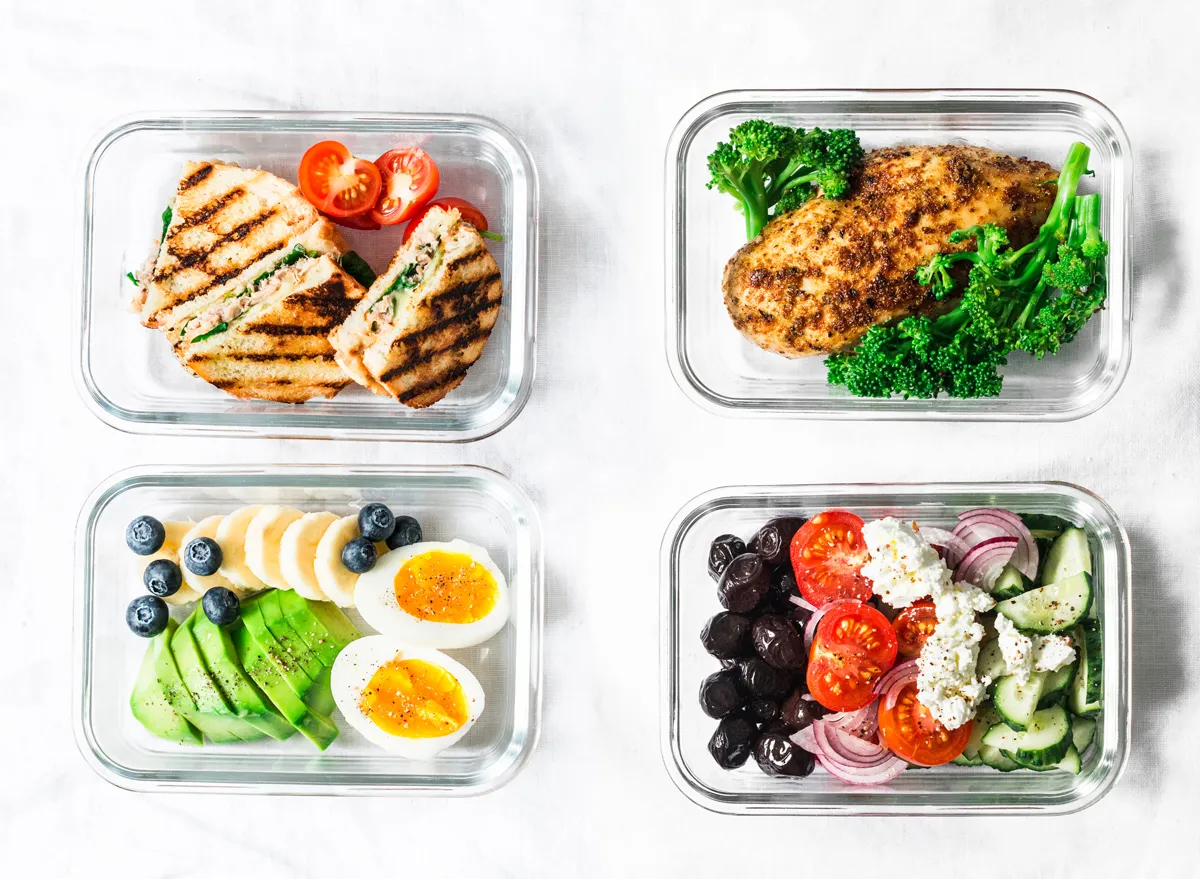
Food cravings can be a problem when you're getting used to a new way of eating. A way to help you best stay on track is to plan your meals. Think ahead and stock up on ingredients so you can make your own soups and fresh vegetable/fruit smoothies.
You'll also want to try not to snack as often. Distract yourself if you feel like you're just eating to eat. Go for a walk, do some ironing, phone a friend, get out of the kitchen. Adopting new, non-food hobbies and interests will also help you lose weight.
If you are in the mood for a snack, a good suggestion is to eat more nuts. People often avoid nuts as they think they are high fat and full of calories. However, they are high in protein and fiber (which will keep you fuller longer), contain healthy fats, and do not increase weight gain. So go nuts!
Make sure you're getting enough sleep.

Sleep is crucial to your weight-loss efforts. While you are asleep, your body is making the hormone leptin, which helps you feel full and reduces your appetite. Plus, sleep deprivation has been associated with obesity. So you'll want to make sure you're sleeping 7-9 hours per night. Think about your bedtime routine, your bed, your bedroom, and how you can sleep better. Make sure you get into the habit of making time for sleep and enjoying your sleep.
Don't let one bad day stop your weight-loss goals.
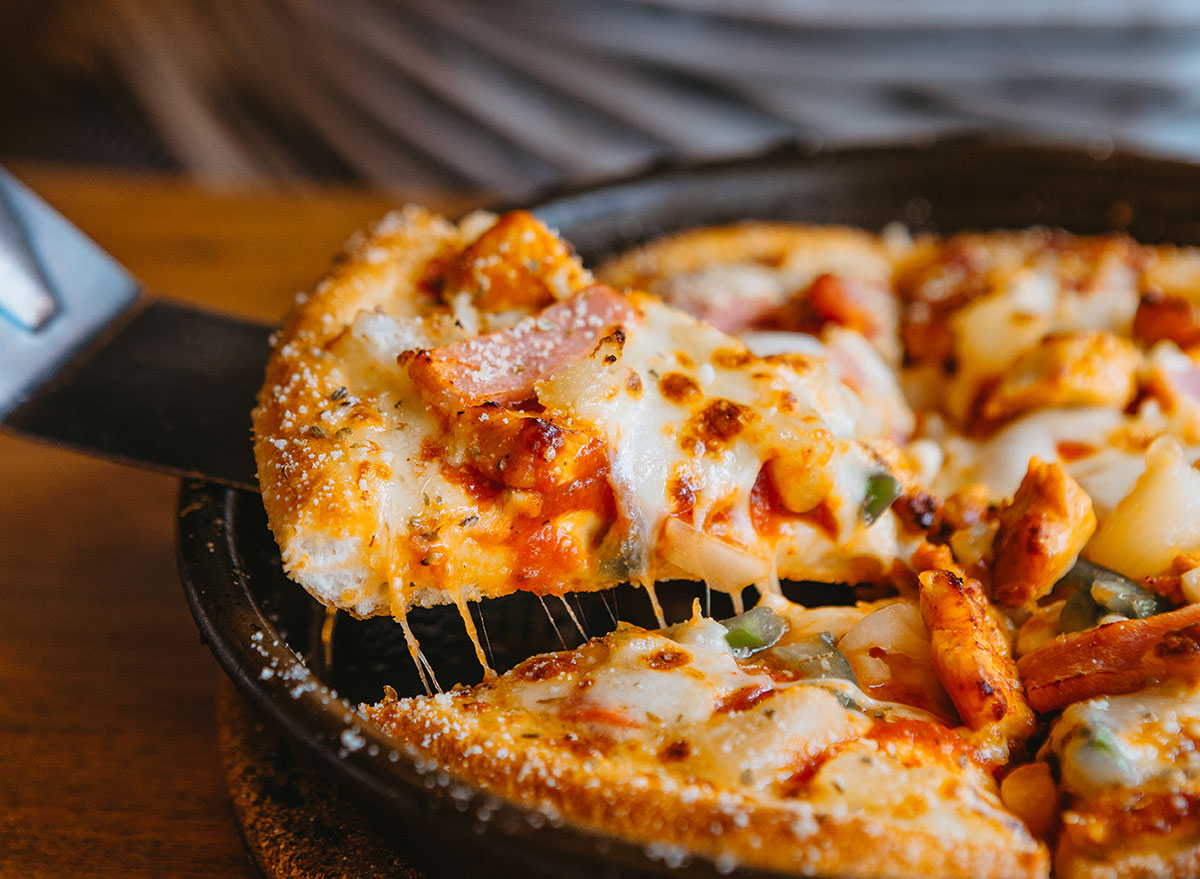
It's no secret that it gets harder to lose weight and not give in to temptation. If you don't realize this, you keep beating yourself up about how tough it is to lose weight, get frustrated, and sometimes give up altogether. And we all have bad diet days.
If you have a binge, stop when you can and draw a line under it. But carry on with diet—don't wait 'til Monday to pick it back up again. It's so much better to take a deep breath and stay on course from that moment moving forward.
Maybe examine why it happened. What upset you? What was the trigger? What could you do differently next time?
Make sure you talk to your doctor too, as you'll want to get control of any underlying medical conditions you may have that could be hindering your weight loss efforts. Just keep pushing through it, and you'll see the results you want.

